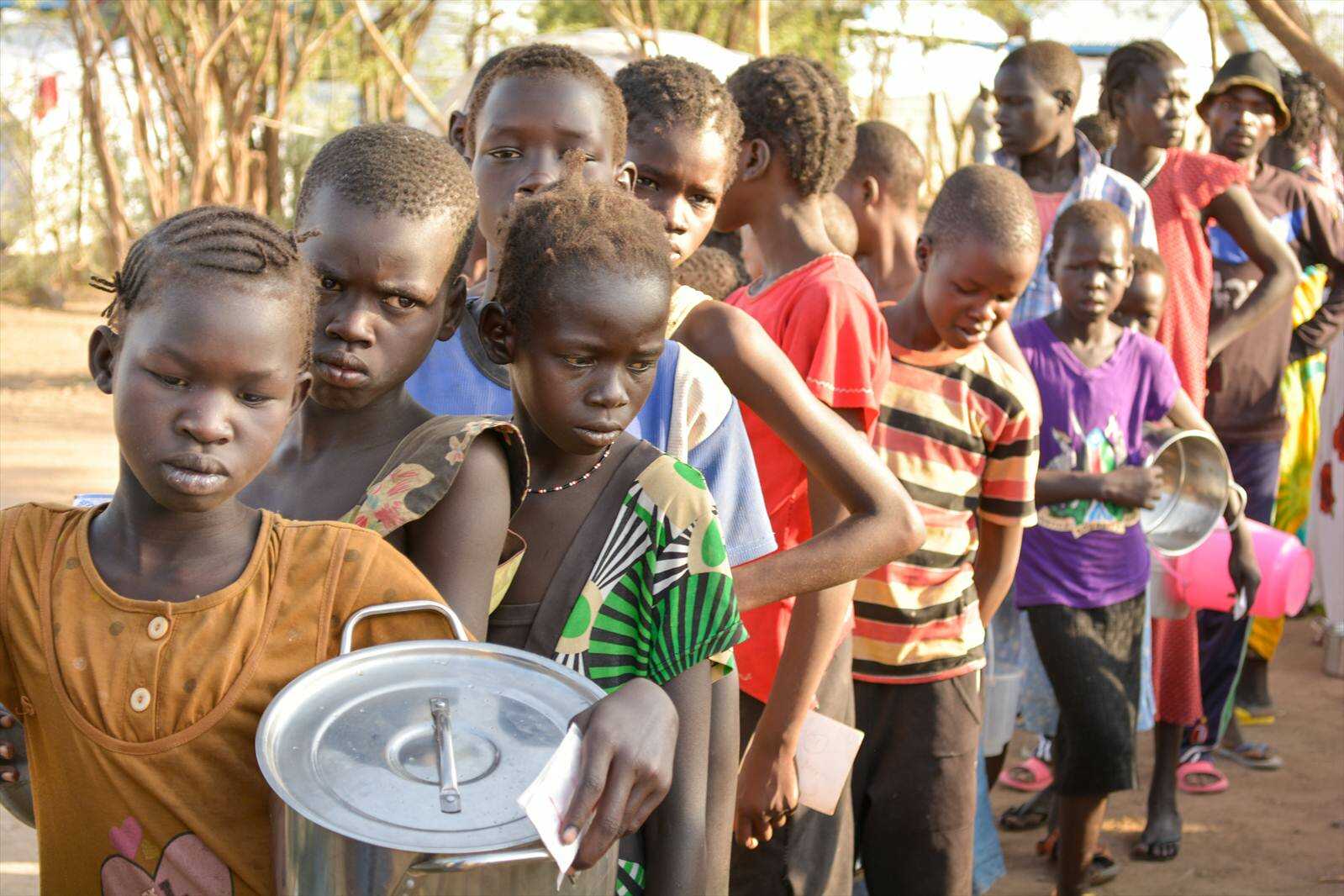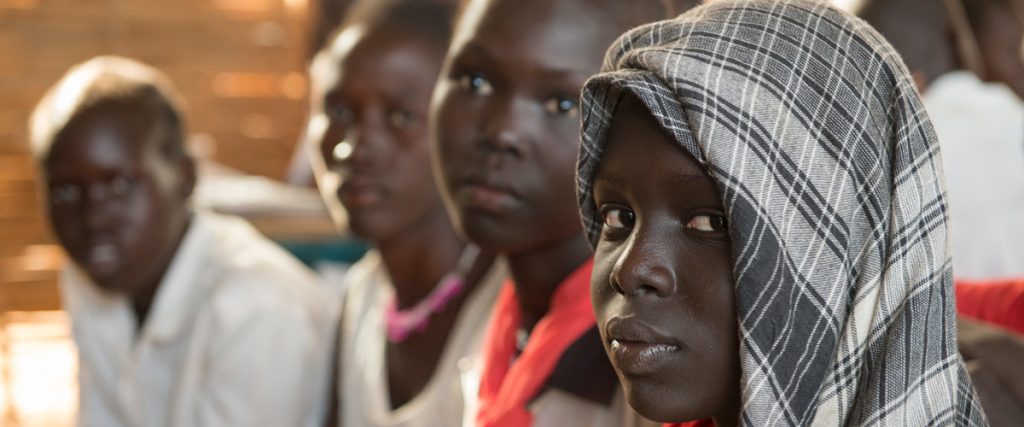Parties to the South Sudan peace agreement on Friday agreed to delay the formation of a transitional government for six months, providing temporary guarantees that the deal could hold for now.
The extension which starts on May 12, the day the transitional government was to be formed, means the chief principals, President Salva Kiir and opposition leader Riek Machar, now have more time to iron out their differences.
Lt-Gen Augostino Njoroge, the Interim Chairperson of the Reconstituted Joint Monitoring and Evaluation Commission (RJMEC), which monitors implementation of the peace agreement, said the delays would allow parties to discuss sticking issues.
The determination of the parties to continue to work in a spirit of cooperation and consensus was clear, and accordingly the extension was agreed unanimously through compromise.
“All parties regard the peace process as the best chance for stability and for ending the suffering of the people of South Sudan. This is welcome news as it allows the parties to accelerate the implementation of the pending tasks.”
DEADLINE
Mediators called the meeting in Addis Ababa, Ethiopia, on sensing the difficulty of forming a transitional government of national unity in Juba by May 12, the self-imposed deadline.
Envoys representing Intergovernmental Authority on Development (Igad) had on Thursday warned that critical components of the deal had not been implemented.
Parties led by President Kiir on one side and Riek Machar on the other signed the Revitalised Agreement on the Resolution of the Conflict in South Sudan (RARCSS) eight months ago.
The May 12 deadline was supposed to provide ample time to rearrange the structures of government.
TASKS PENDING
But in Addis Ababa on Thursday, Lt-Gen (Rtd) Augostino Njoroge, the interim chairman of the RJMEC, said less than half of tasks meant to be done in eight months had been completed.
“Our assessment is that in spite of the progress made in the establishment of key agreement institutions and mechanisms, overall the implementation of pre-transitional tasks has fallen short of expectations,” he told representatives of the parties to the agreement.
Igad convened the meeting in what Special Envoy Ismail Wais said was to “critically reflect on where we are at to-date with the implementation” of the tasks.
But as the clock ticks, only 27 of the 59 tasks listed in the agreement have been completed. Seventeen of the rest are still ongoing while 15 others are stalled.
MACHAR’S POSITION
The meeting came two days after donors often known as the Troika said South Sudan should ensure urgent formation of the transitional government so elections are held in March 2022.
But Dr Riek Machar has said he will not return to Juba until his security is assured.
“If the regime fails to implement the security arrangements and decides to form the government on May 12, the SPLM/SPLA (IO) – the revolutionary leadership of the people’s war – shall not be responsible for our people’s reaction,” said Mabior Garang De Mabior, Chairman of the Sudan People’s Liberation Movement-in Opposition Committee for Information and Publicity.
“The People’s Movement shall wage the struggle to dismantle the status quo to its logical conclusion; whether it is through the negotiated settlement or through the armed struggle shall be determined by the methods the regime chooses to uphold the unbearable status quo.”
KEY TASKS
Pending but critical tasks to be carried out in the six months are as follows:
Determination of the number and boundaries of states and the composition and restructuring of the Council of States by the Independent Boundaries Commission
Ratification of the Constitutional Amendment Bill (2019) by the legislative assembly and its promulgation into the Transitional Constitution
Agreement on allocation of ministerial portfolios.
Total cessation of hostilities and attacks on civilians
Creation of permanent barracks for troops, disarmament, screening, unification and training of forces;
Demilitarisation of civilian centres and reconstitution of Area Joint Military Ceasefire Committees and the Joint Military Ceasefire Teams;
Strategic defence and security review (SDSR) process

